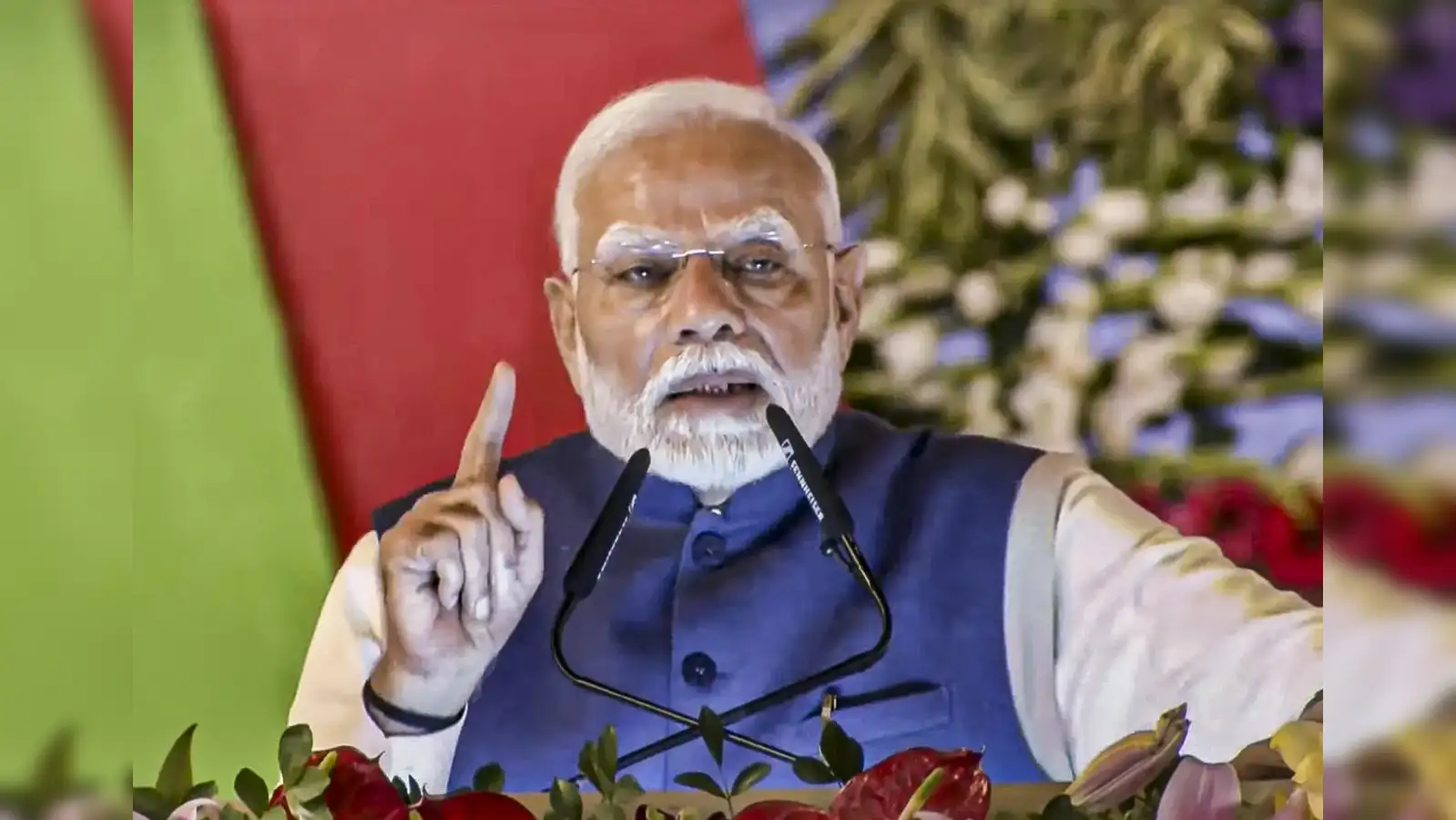Pahalgam Attack
The Indian central government, led by Prime Minister Narendra Modi, has reportedly admitted to a security lapse contributing to the devastating terror attack in Pahalgam, located in the Indian Illegally Occupied Jammu and Kashmir (IIOJK), which claimed the lives of 26 people, most of whom were tourists. This acknowledgment came during a closed-door all-party meeting convened on Thursday to discuss the attack’s aftermath.
The meeting, chaired by Defence Minister Rajnath Singh, witnessed a member from Modi’s ruling Bharatiya Janata Party (BJP) acknowledging the lapse, stating, “If nothing had gone wrong, why would we be sitting here? There have been lapses somewhere that we have to find out.” This statement set the tone for the opposition parties, which immediately seized the opportunity to criticize the government’s handling of the situation, questioning the apparent breakdown in security.
Opposition leaders demanded accountability for the lack of preparedness. They specifically asked, “Where were the security forces? Where was the Central Reserve Police Force (CRPF)?” In response, government representatives explained that local authorities in the Anantnag district had opened the Baisaran area near Pahalgam—an area traditionally restricted until the annual Amarnath Yatra pilgrimage—without informing central security agencies.
Officials further explained that the location of the attack was hard to access, requiring a 45-minute walk, and admitted that there was no specific standard operating procedure (SOP) in place for handling such emergencies at that particular location.
Despite these explanations, criticism continued to mount. Asaduddin Owaisi, leader of the All India Majlis-e-Ittehadul Muslimeen (AIMIM), expressed disbelief over the absence of police or CRPF presence in such a high-traffic tourist area. “How can such a high-traffic area remain unprotected?” he asked, warning that if terrorists could reach Pahalgam, they could also threaten major cities like Srinagar.
Former chief of army staff General VP Malik described the incident as “a clear failure of intelligence agencies” and questioned the lack of actionable intelligence, especially during the peak tourist season.
Rahul Gandhi, Leader of the Opposition in the Lok Sabha, while initially offering “full support” for any responsive actions, later echoed similar sentiments, with the Congress party sharpening its stance.
The Congress Central Working Committee (CWC) passed a resolution accusing Pakistan of masterminding the attack and called for a “comprehensive analysis of the intelligence and security failures.” The resolution pointed to the fact that Pahalgam was a heavily guarded area with three-tier security, placing responsibility on the Union Home Ministry, which oversees the security of the Union Territory.
Additionally, the Congress criticized the BJP for allegedly exploiting the tragedy to stoke further discord, mistrust, and division. The CWC emphasized that questions of security and accountability must be raised in the public’s interest to ensure justice for the victims.
The political tension surrounding the security failure also escalated in Kathua district, where senior journalist Rakesh Sharma was reportedly assaulted by BJP workers.
The incident occurred when Sharma questioned BJP leaders about accountability for the Pahalgam attack, asking, “Who is responsible for the Pahalgam attack? Is the Ministry of Home Affairs not accountable?” BJP workers accused him of using “separatist language” during the protest.
The situation has sparked a widespread debate on the government’s preparedness and the handling of security in sensitive regions, with both political leaders and citizens demanding a thorough investigation and long-term solutions to prevent such incidents in the future.










